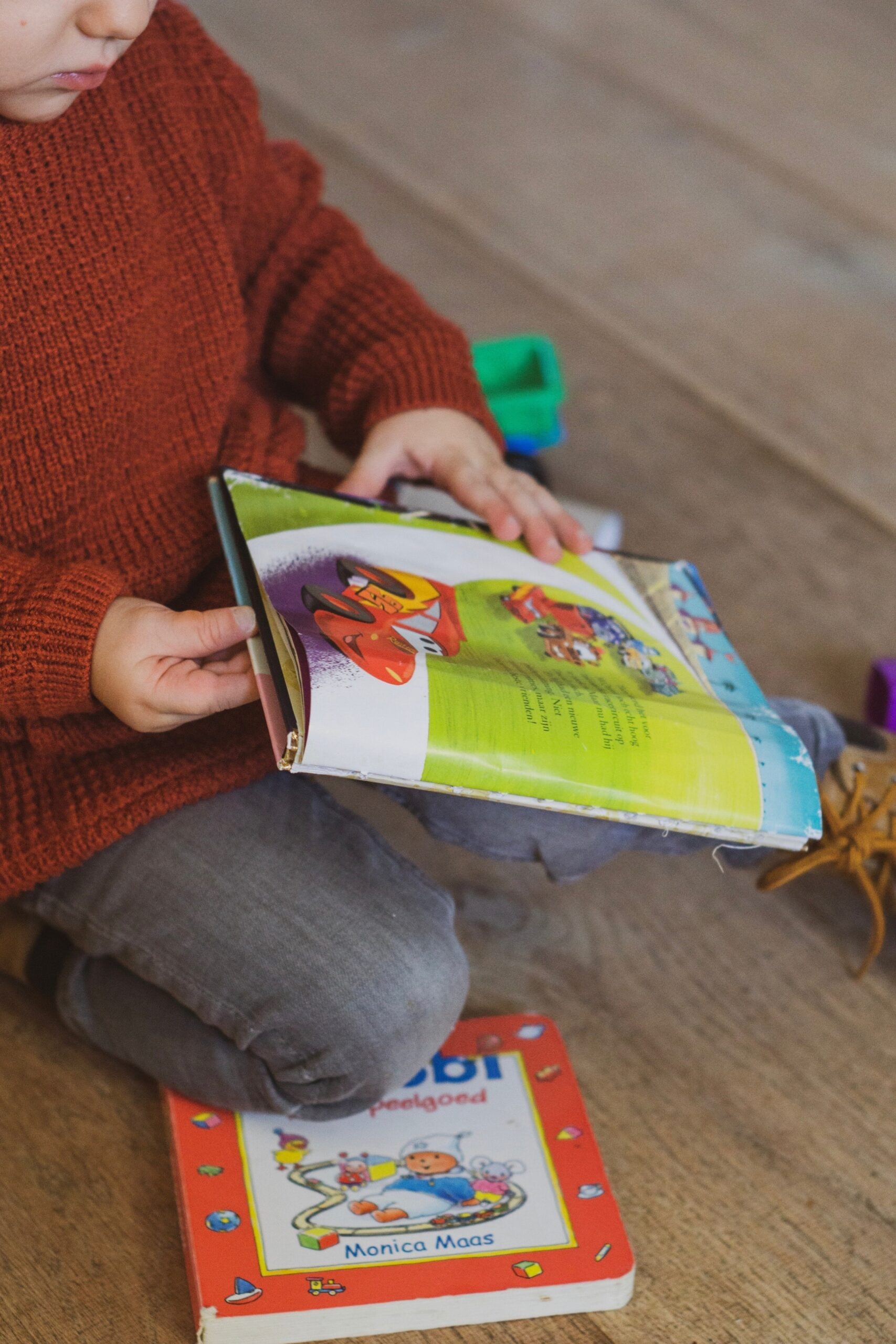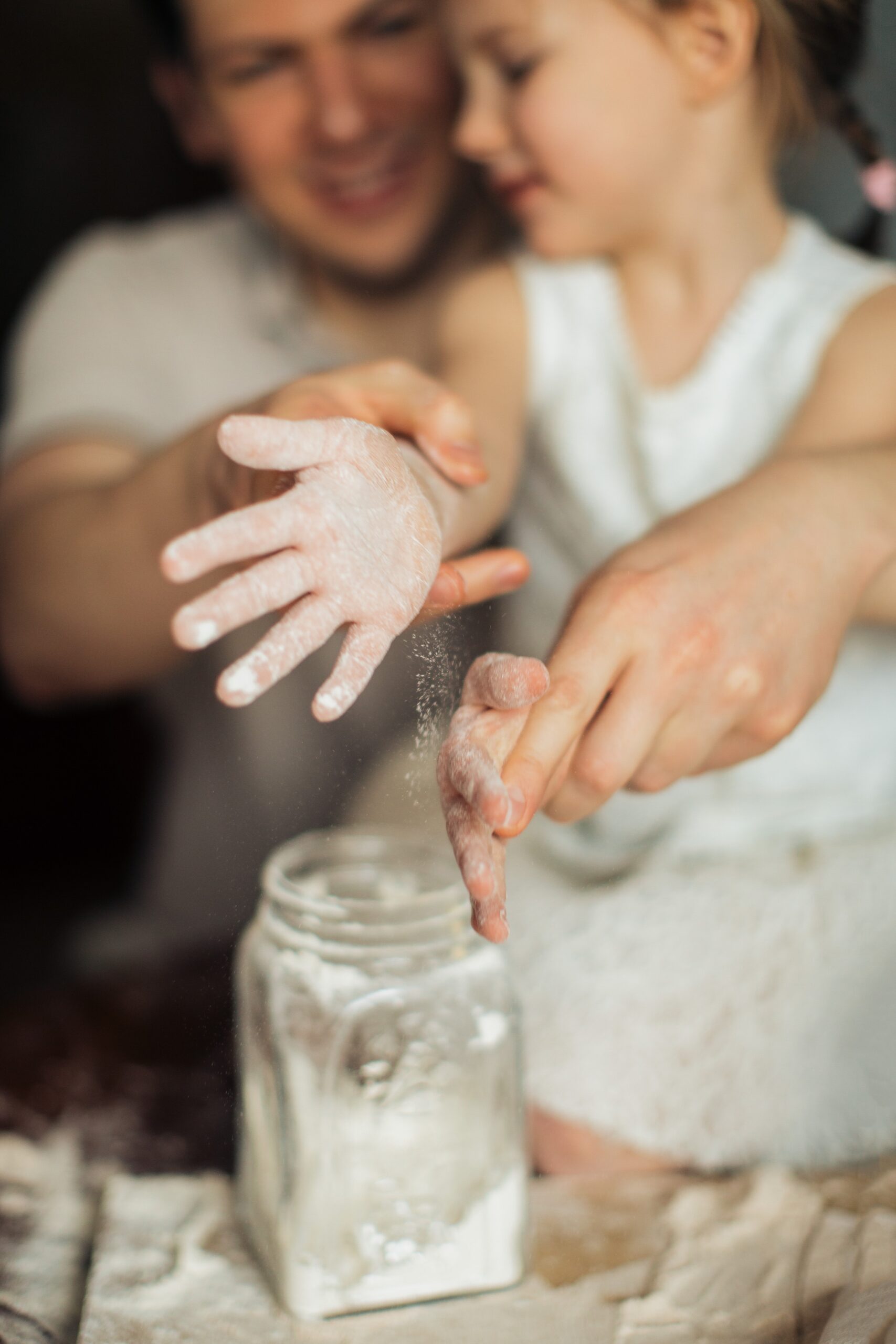Some suggested ideas for activities you can do at home with your child
As a parent, you play a huge role in feeding your child’s mind and helping them to learn and develop the skills necessary for success in school. Many little things light up children’s imaginations. Children take everything in, and even the smallest things you do with them can make a big difference.
Children love it when you chat, play and read with them, even when they’re too young to understand everything. Almost anything can be turned into a game – whatever the time and wherever you are! Anything you do together will help set them up nicely for their first day of school.
Each of our children are provided with a parent & child activity pack. The packs have been put together by Nottinghamshire Early Years Specialist Teachers to help us to provide parents with ideas of activities they can do at home to support your child’s learning.


Please find below, some great fun activities for you and your child to try at home:
Frequently asked questions
What is the staff to child ratio?
The minimum ratio within these age groups are the following
1:4 for 2 years olds
1:8 for 3 + years
Can my child take a nap?
Sleep mats are available for nap times after lunch for those who require it.
Is my child supervised during nap times?
Children are always monitored during sleep time to ensure maximum safety.
Are the staff fully qualified?
Qualifications: Support staff allocated in these rooms have a minimum level 3 qualification, and work alongside three qualified Montessori trained teachers and our forest School leader.
Do I need to bring a packed lunch?
All drinks, meals and snacks are included in the daily fee, and are freshly prepared and cooked on site.
How often will my child eat?
We serve meals 4 times a day:
Breakfast – Served up to 8.45 am
Mid-morning snack – 10am
Lunch – Served at 12.00 pm
Tea – Served at 4.00pm
Our Curriculum
Practical Life
This area prepares the child indirectly for all other areas of the Curriculum with order, concentration, confidence, co-ordination and independence. Exercises support fine motor manipulation, care of self skills and care of the environment.
Sensorial
Through exploration of the various materials of changeable dimensions, colours, shapes, sizes, textures, geometry, smell and taste – all of the faculties of intelligence are developed.
Mathematics
The sense of touch provides concrete experiences of number, ordering, addition and subtraction. Children will learn the names, link quantity and numerals, be introduced to odd and even and consolidate learning through memory of number.
Language & Literacy
The early years are a sensitive period for language development. Children learn to understand expression and intonation, rhythm and rhyme. They gain an awareness of sounds in spoken language.
Cultural

